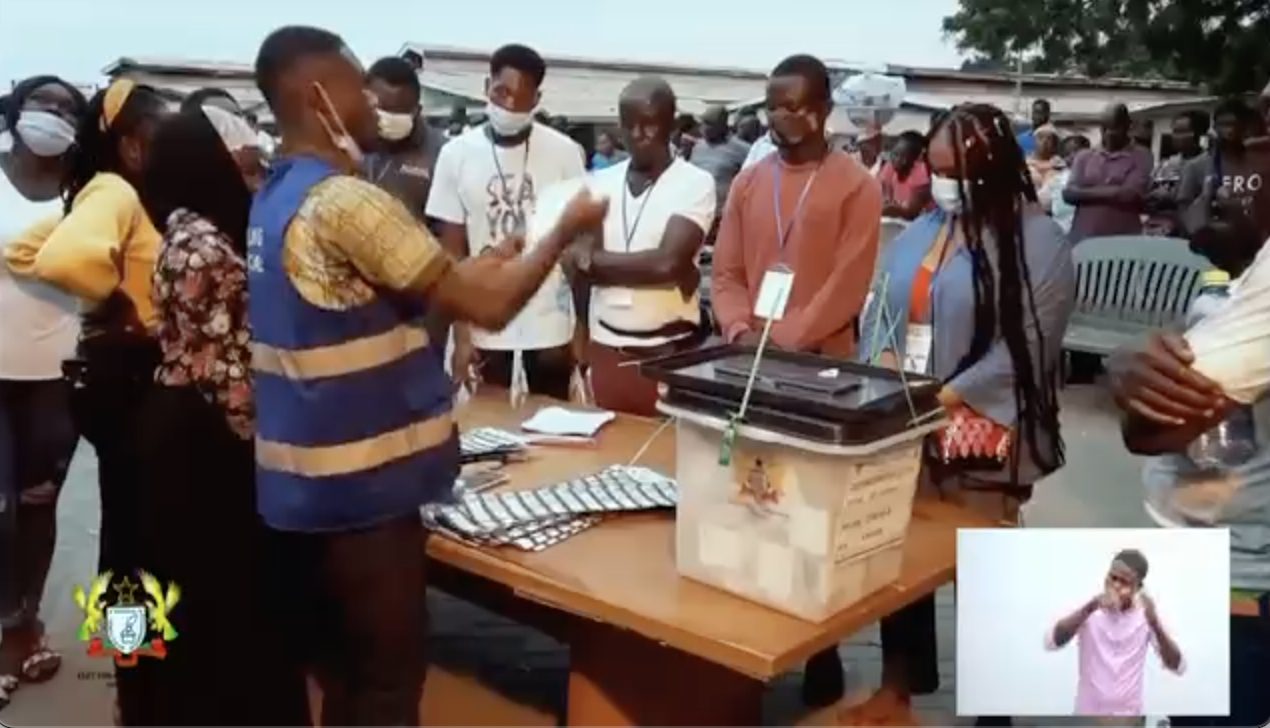
The Electoral Commission (EC) of Ghana has taken a notable step to enhance transparency and public education by explaining its Election Day procedures in multiple local languages.
This initiative, aimed at educating Ghanaians on the electoral process, provides accessible information in Ga, Nzema, Hausa, Dagbani, Ewe, and Twi, ensuring that even those in remote areas have a clear understanding of the electoral process.
The Commission’s approach aligns with its constitutional mandate under Article 45(d) of the 1992 Constitution, which requires it “to educate the people on the electoral process and its purpose.” As part of this public education campaign, the EC has produced a series of short, informative videos illustrating the various stages of Election Day activities, from the use of transparent ballot boxes to the final counting of votes. These videos aim to clarify the electoral process, combat misinformation, and reinforce public trust.
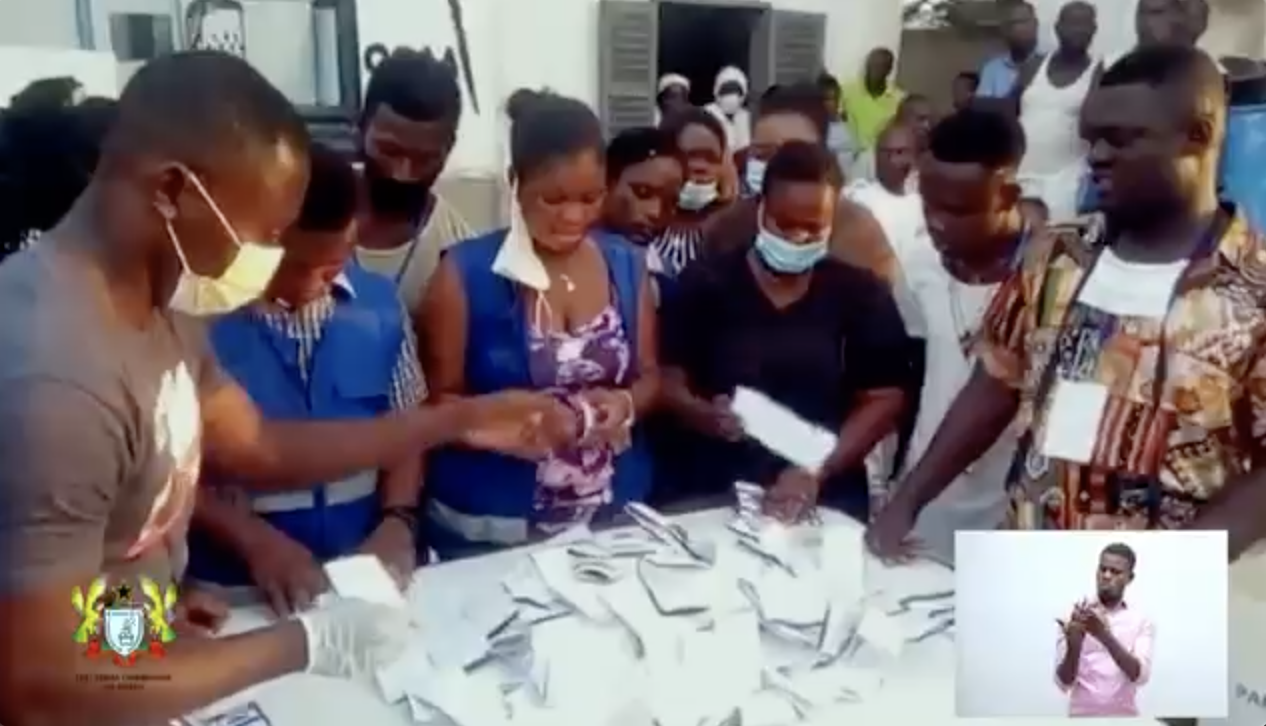
The educational videos walk viewers through essential stages, including the printing of ballot papers and the involvement of political parties and stakeholders in overseeing the printing process. They also explain the distribution of ballot papers and the accounting procedures for each ballot on polling day, promoting a deeper understanding of how votes are safeguarded and accurately counted.
In addition to these videos being available in English, the EC’s decision to present them in local languages ensures that Ghanaians across all regions can access the information, regardless of language proficiency. By prioritising accessibility and understanding, the Electoral Commission demonstrates its dedication to transparency and fairness, striving to empower every Ghanaian with the knowledge needed to trust and engage with the election process.
Watch the videos below to understand the electoral processes:
Read Full Story


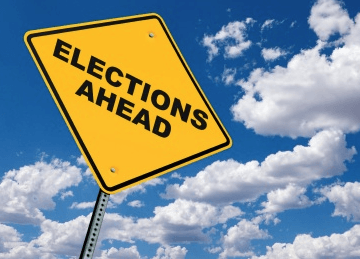
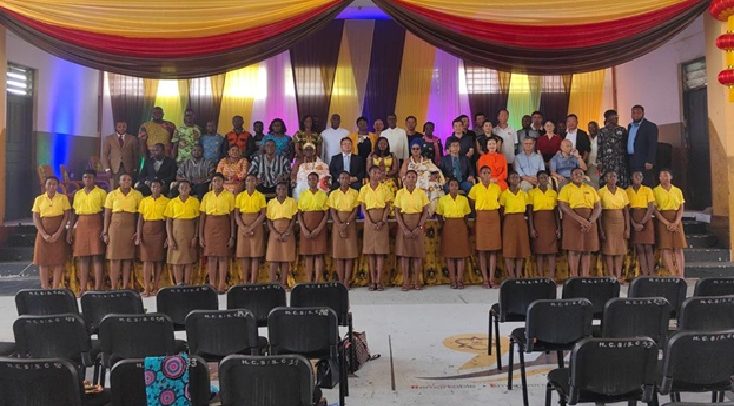



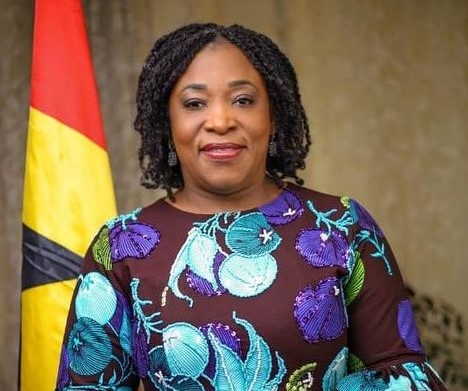



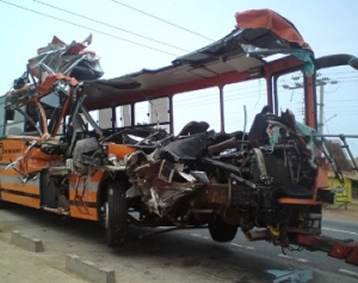



Facebook
Twitter
Pinterest
Instagram
Google+
YouTube
LinkedIn
RSS